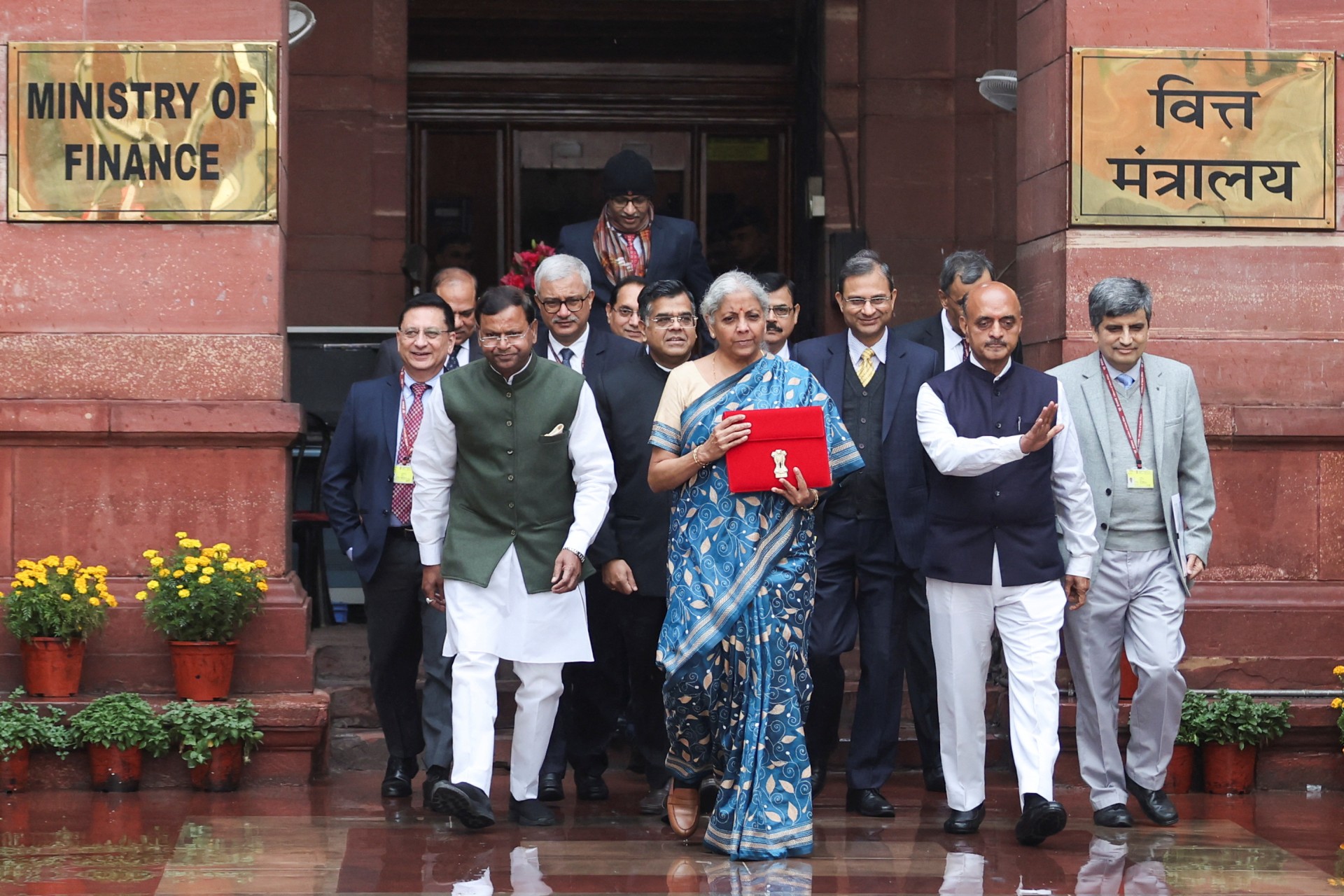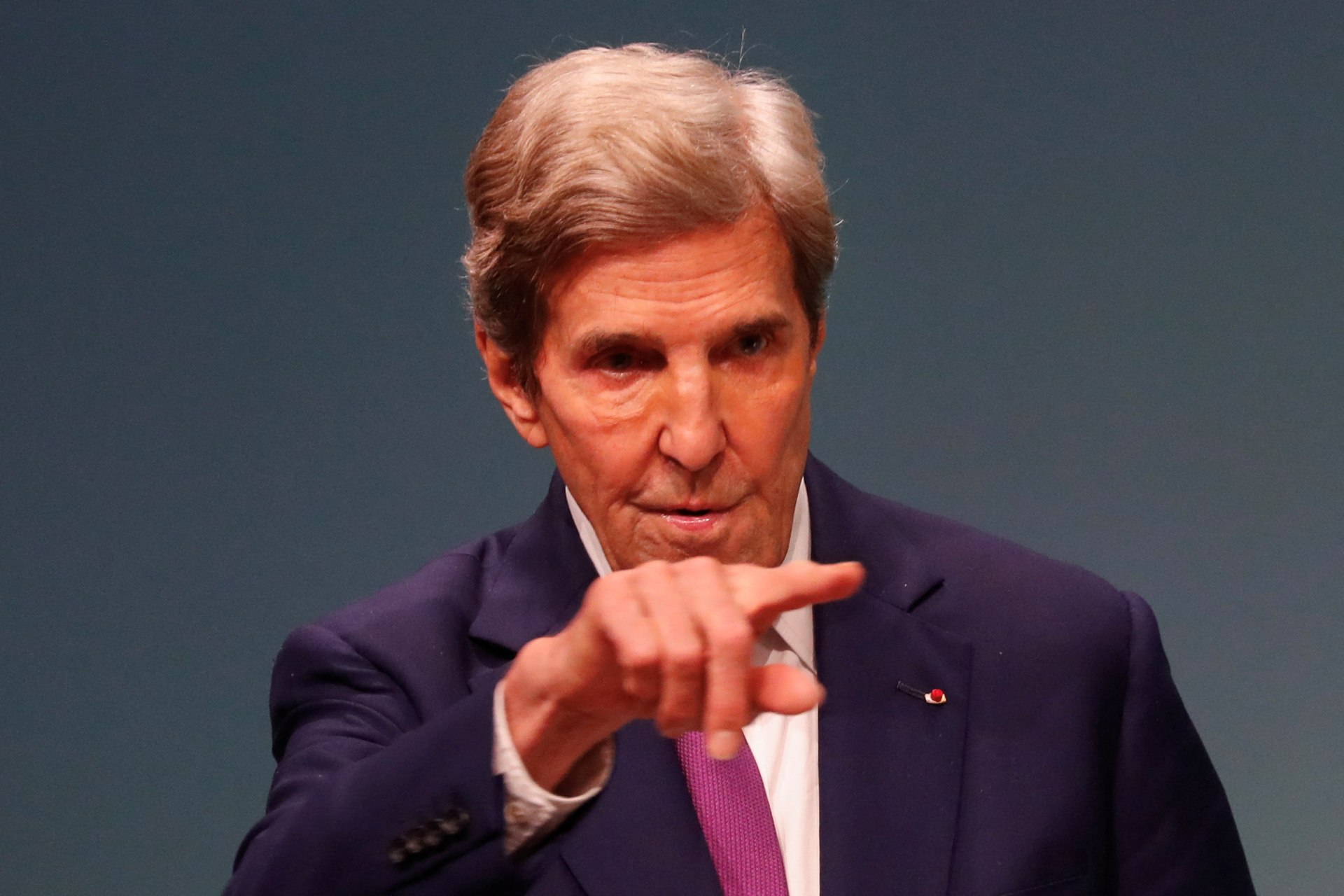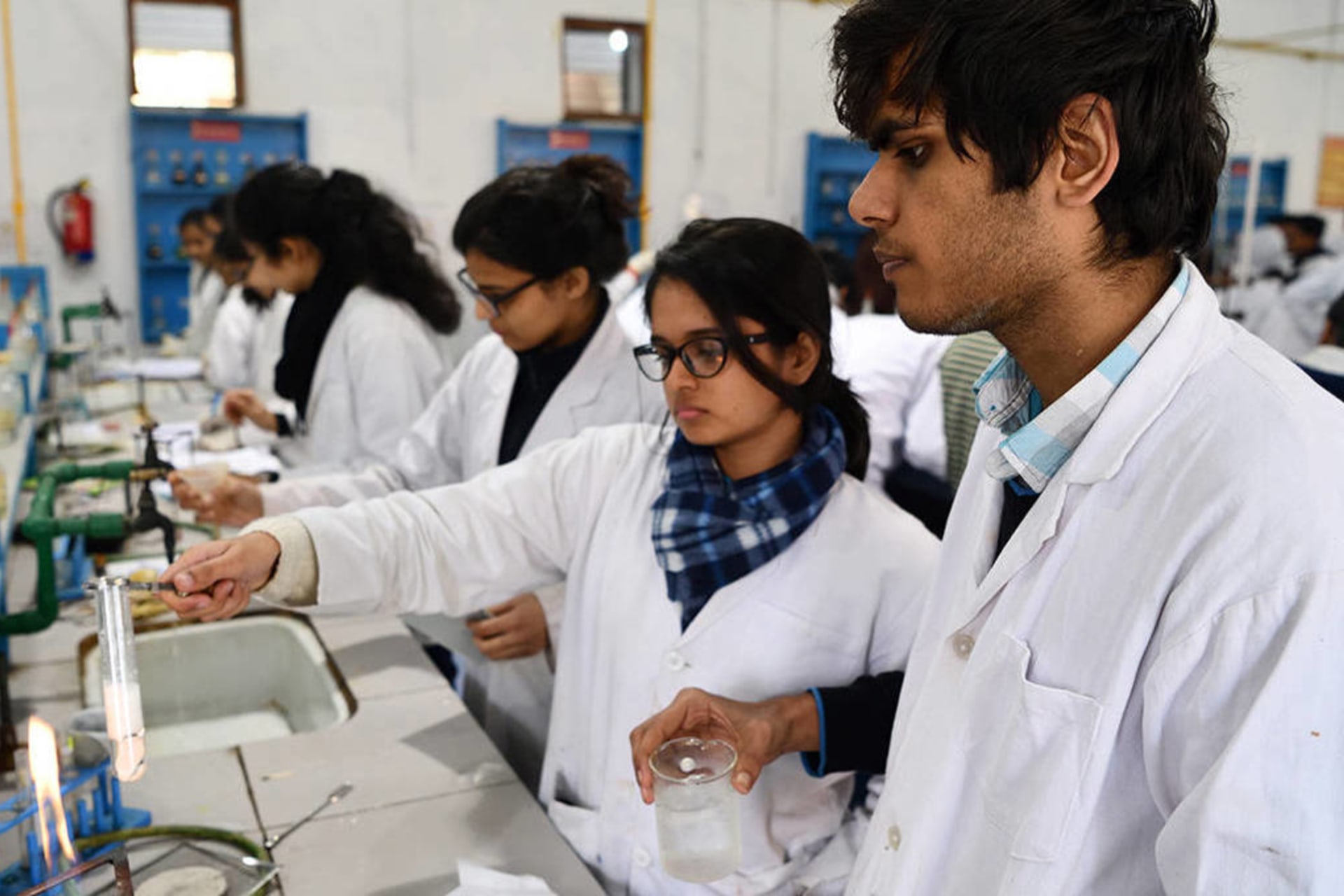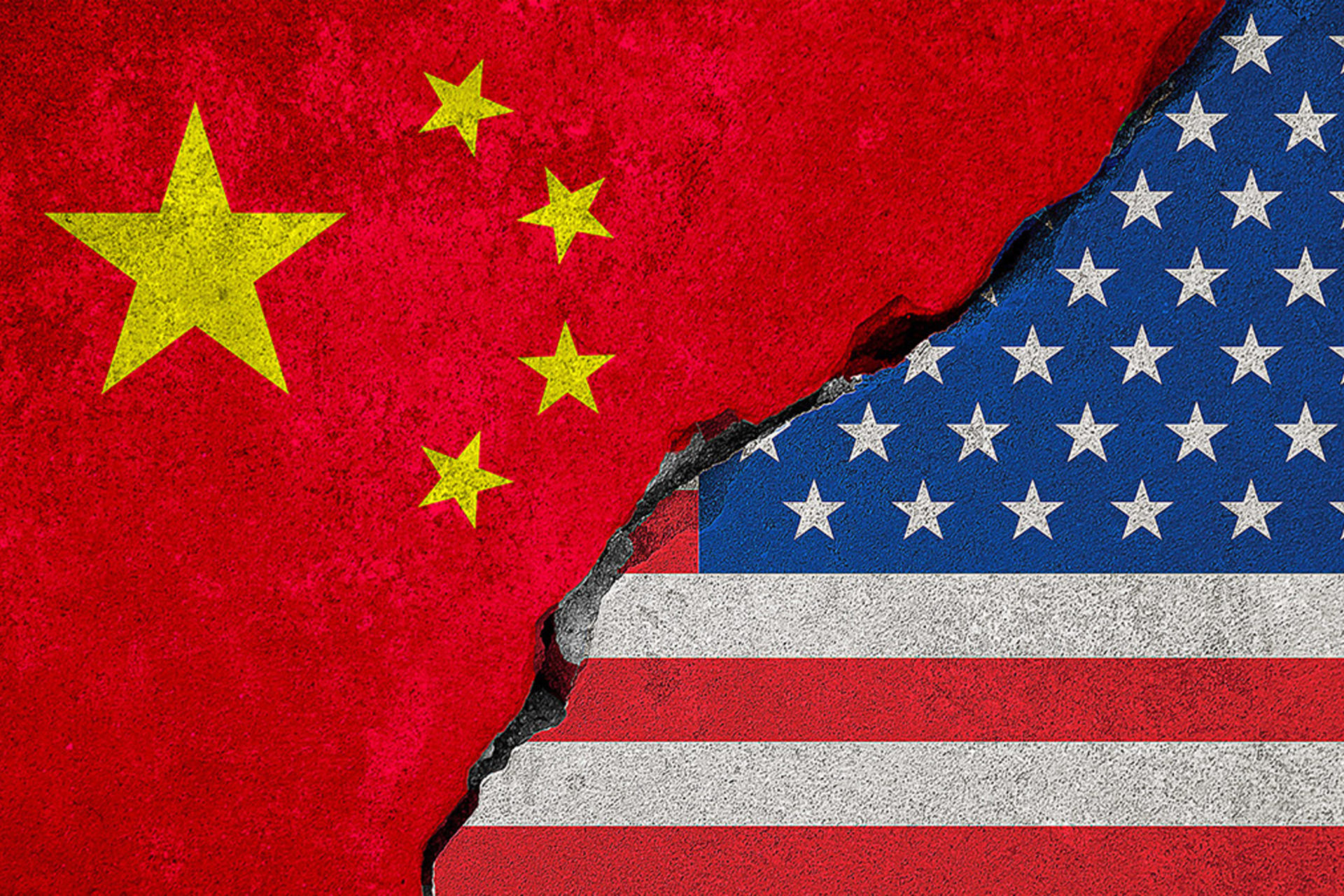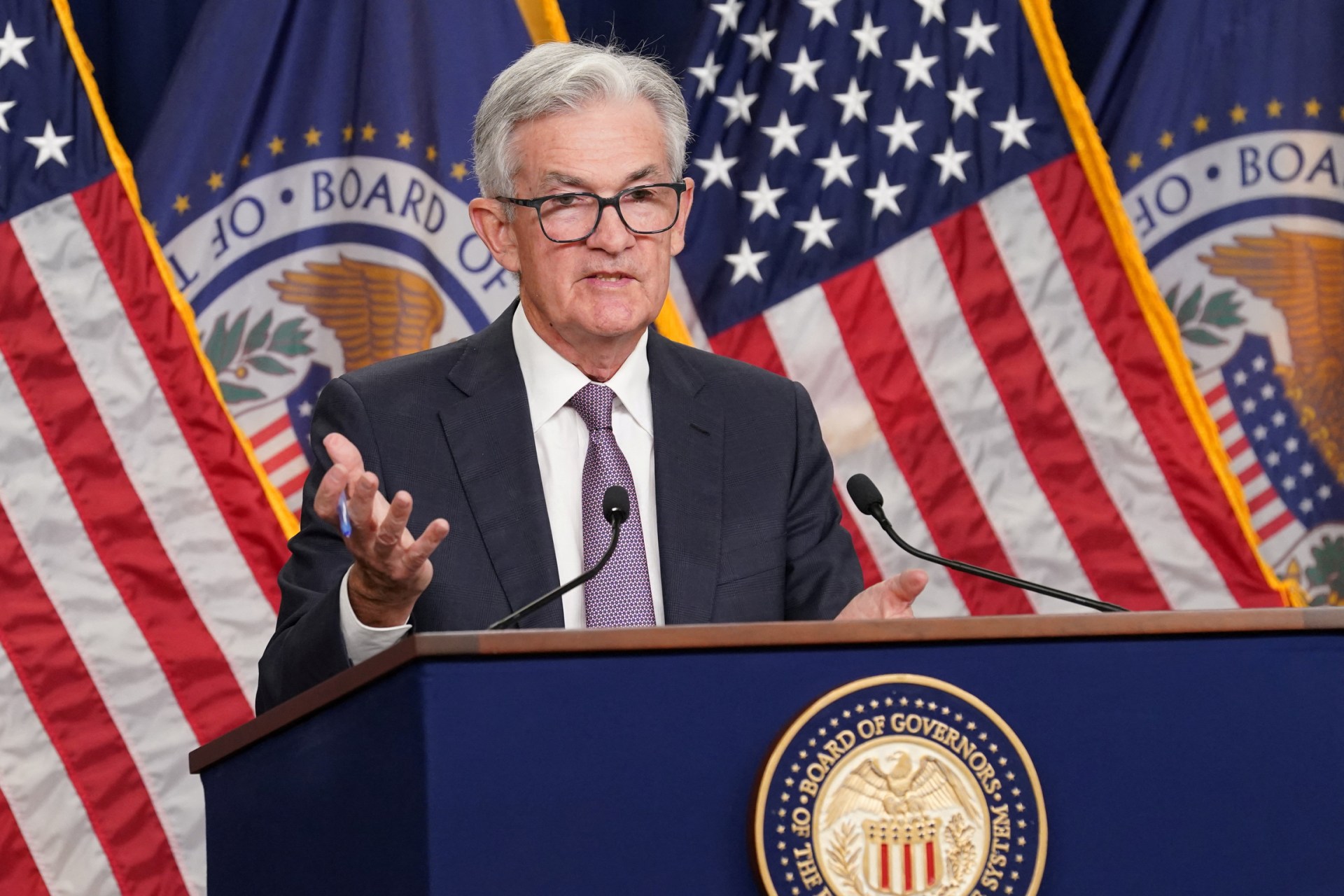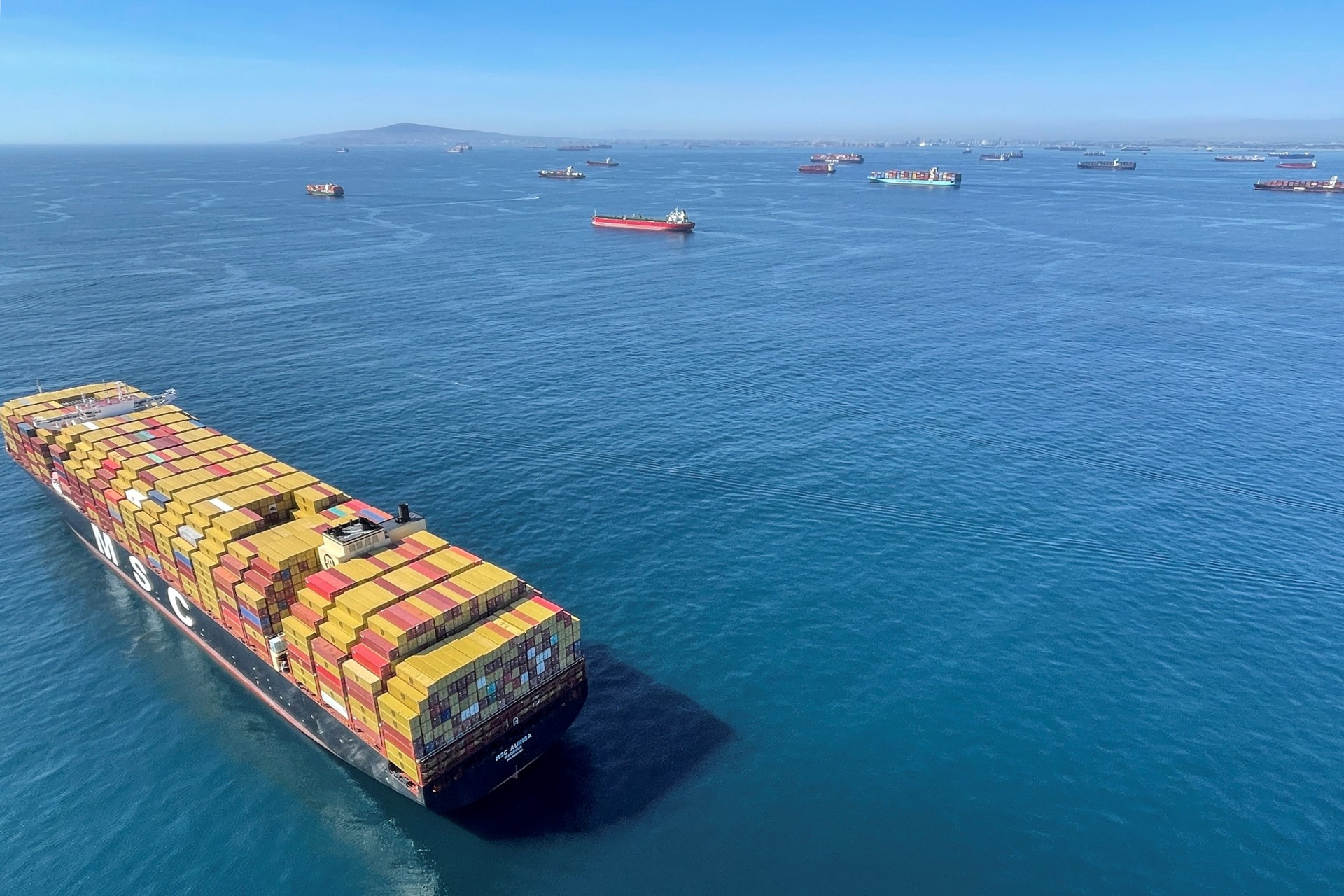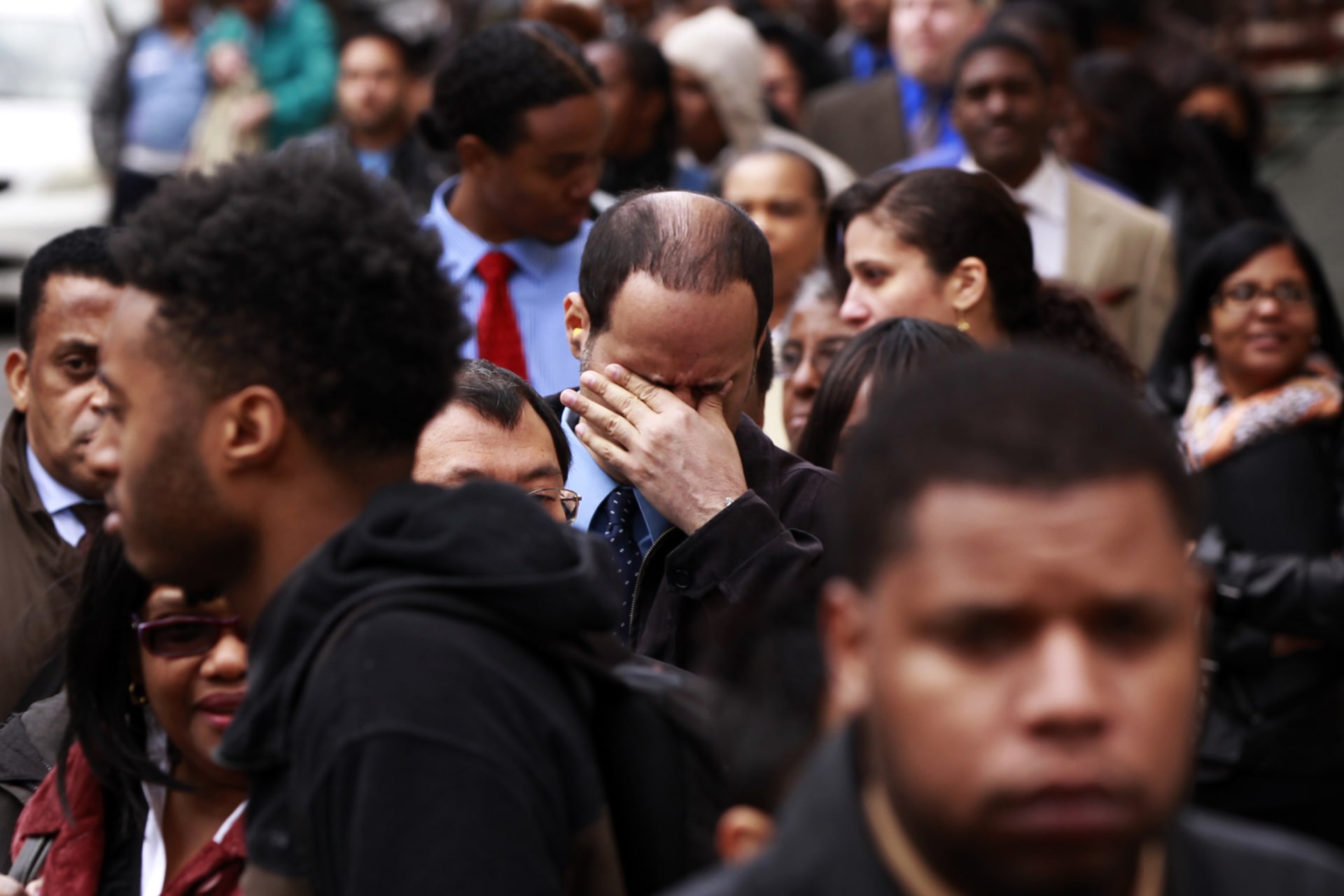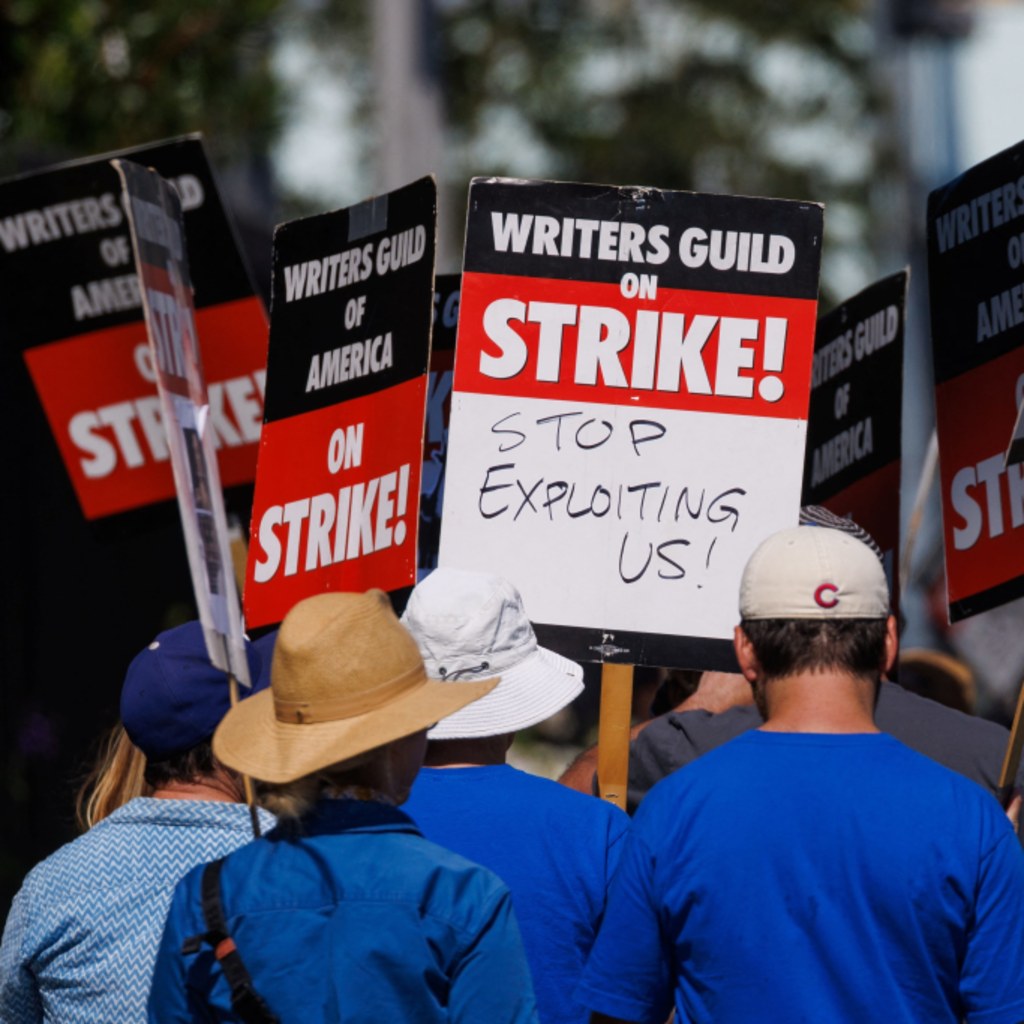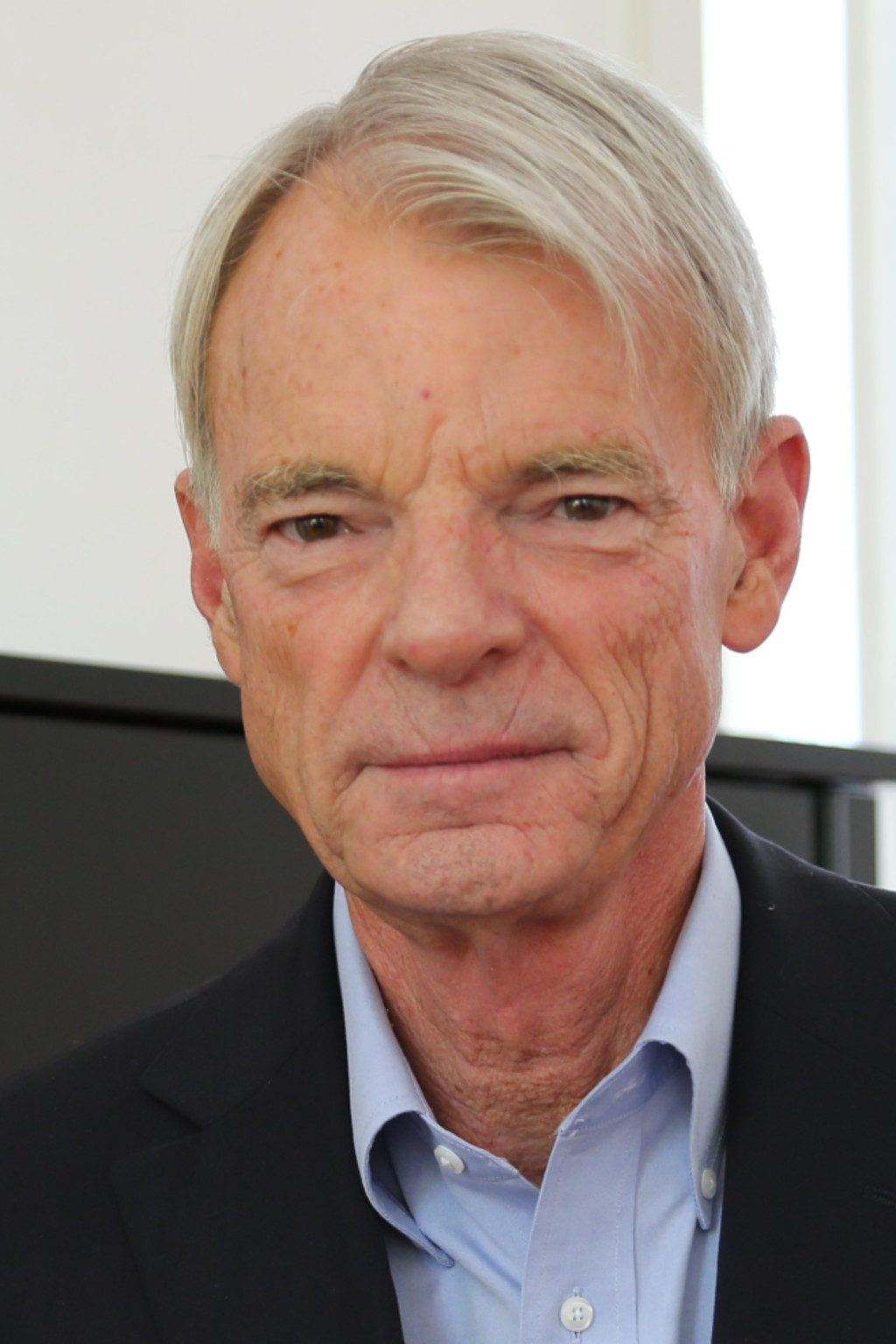
Michael Spence is distinguished visiting fellow at the Council on Foreign Relations. Dr. Spence is also the Philip H. Knight professor emeritus of management in the Graduate School of Business at Stanford University, a senior fellow of the Hoover Institution at Stanford, senior professor at Bocconi University in Milan, an honorary fellow of Magdalen College, Oxford University, and a distinguished academic visitor at Queens’ College, Cambridge.
In 2001, Dr. Spence received the Nobel Prize in Economic Sciences for his work in the field of information economics.
He is the author of the book, The Next Convergence: The Future of Economic Growth in a Multispeed World (Ferrar, Straus and Giroux, May 2011). His most recent book, written with Gordon Brown, Mohamed El-Erian, and Reid Lidow, is Permacrisis: How to Fix a Fractured World (Simon and Schuster, September 2023).
Dr. Spence is a senior advisor to Jasper Ridge Partners and General Atlantic Partners. He also chairs the advisory board of the Asia Global Institute and is a member of the advisory council of the Luohan Academy in Hangzhou. Dr. Spence was the chairman of The Independent Commission on Growth and Development from 2006 to 2010. He also served as dean of the Stanford business school from 1990 to 1999 and as dean of the Faculty of Arts and Sciences at Harvard University from 1984 to 1990.
Dr. Spence is a recipient of the John Kenneth Galbraith Prize for excellence in teaching and the John Bates Clark Medal, awarded to American economists under age 40 for a “significant contribution to economic thought and knowledge.”
Affiliations
- Bocconi University, clinical professor
- Stanford University’s Hoover Institution, senior fellow
